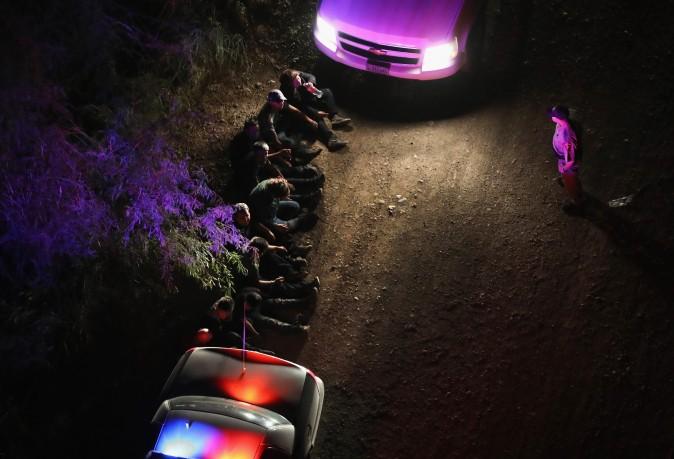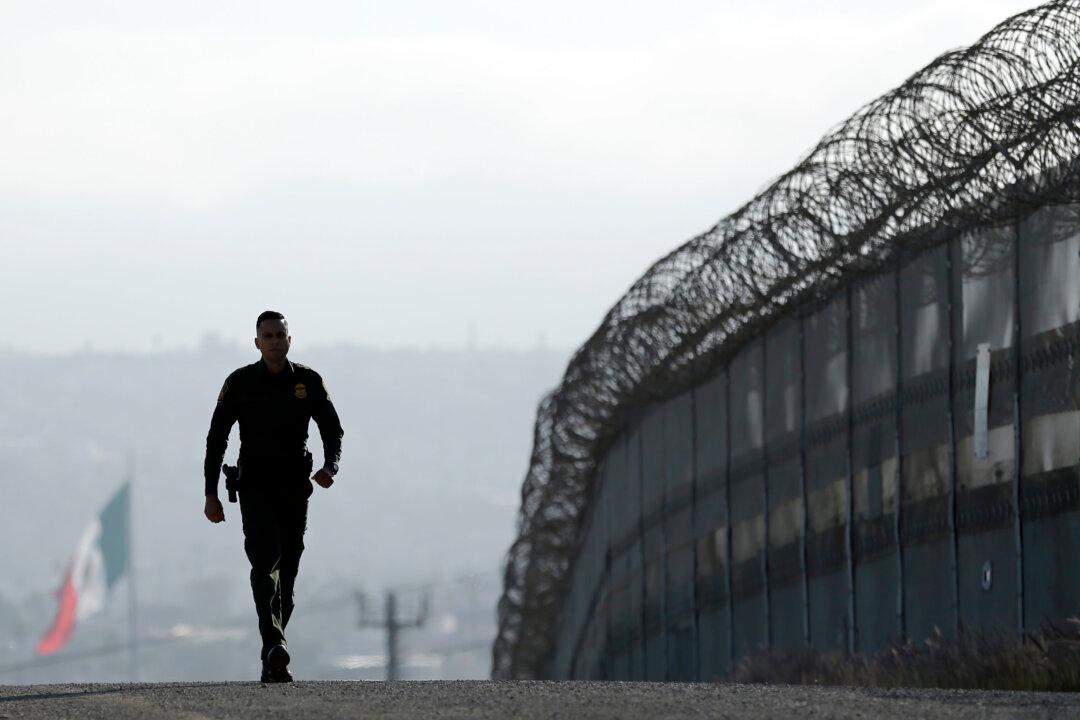If President-elect Donald Trump follows through on his campaign promises, the United States will have stronger security on the Mexican border and will deport illegal immigrants with criminal records. While this could reduce the problems on the U.S. side of the border, the situation in Mexico may get worse before it gets better.
Mexican drug cartels have supplied an epidemic of addiction and crime in the United States, and have been the focus of the War on Drugs, which has caused what some estimate to be 100,000 deaths since Dec. 11, 2006.
Trump is “attempting to influence the global economy to protect the U.S. middle class,” which includes looking to better secure the Mexican border, said Dr. Robert J. Bunker, division of politics and economics at Claremont Graduate University.
He added, however, that there is a “very real potential for unexpected blowback” for the security of Mexico.
“The Mexican state is more fragile than many suspect,” he said in an email, and noted the coming changes will likely cause a larger number of illegal immigrants from throughout Latin America to stay below the border, in turn leading to more aggression from cartels and infighting that may be “too much for the Mexican government to readily contain.”
At the same time, Bunker said, “the Mexican cartels will not sit idly by while their product is not getting into the U.S. Rather, we can expect them to implement countermeasures against beefed up U.S. border security.”
The risk, Bunker said, is that if the United States presses too hard—and abandons Mexico to its own devices—it’s likely another power will step in. He said, “It is far better to be proactive and shape the world towards America’s values and security needs than to allow other, potentially hostile states and entities to do so.”
Mexico’s Immigration Crisis






